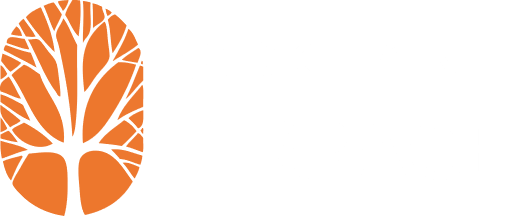Rehabilitation/RestorativePrograms
What is rehabilitation? Rehabilitiation enables residents to make the most of their abilities rather than focus on their illness or disability. The Rehabilitation/Restorative Program is comprised of a qualified team lead, a Physiotherapist, a Physiotherapy Aide(s) and Restorative Care Aides. An Occupational Therapist is also a contributing member to our Rehab programs. The team aims to help each resident to maintain his/her dignity, self esteem, and independence. Rehab programs promote the highest level of functioning that a resident can attain through walking, exercise, restorative programs or through optimal communication and social interaction between staff and residents. Rehab programs are offered 5 days a week, Monday to Friday, 9:00 a.m – 5:00 p.m. Rehab Admission Process Upon moving in to Park Lane Terrace every resident participates in a thorough mobility assessment to determine current level of functioning. If assistive devices are needed, it will be determined at this time. An individualized therapy program is then designed to meet the current goals and needs of the resident. This program will be carried out with the assistance of the Rehab team. Continual monitoring occurs to ensure success of the prescribed goals and absolute safety of the resident. Residents are seen 2 to 4 times per week, and may be seen more frequently if needed. Reassessments of a resident’s functional status are performed by the Physiotherapist on a quarterly basis to meet the changing needs of the resident. Goal Setting The rehab team works closely with the resident and family to assist in meeting their needs and developing safe and realistic goals. The length of the rehab program depends on the resident’s condition, progress towards goals and quarterly reassessments. The rehabilitation program focuses on ability, strengths and potential. Park Lane offers specialized programs for conditions including: CVA, Parkinsons, MS, fractures, contractures, amputees, re-motivation, arthritis. Family Involvement Family and those close to the resident can play an important role in the rehabilitation process. Families are encouraged to become actively involved in all aspects of the rehabilitation process. Liaison and Contact Information The Director of Clinical Services is responsible to act as a liaison between the resident, their family, and the Professional Therapists. Residents and their families are encouraged to seek out the Director of Clinical Services if there are any questions regarding prescribed therapies. If you would like more information regarding Rehab services at Park Lane, please contact the Director of Clinical Services Rehab Services/Programs Offered One, or any number of the following therapy plans may be recommended for the resident to participate in. The descriptions given are a general overview, however each therapy plan is specific for the individual resident. Physiotherapy Services
Occupational Therapy Services
Specialized Programming Montessori-based programming This program is focused on our Dementia and Alzheimers units. It provides residents with and opportunity to perform tasks that enable them to maintain or improve skills needed in their daily lives. These activities enhance the skills required to perform basic tasks such as self feeding, dressing and participating in recreational activities. Montessori-based activities engage residents in purposeful meaningful activity. Restorative Programming Restorative Dining The Restorative Dining Program assesses a resident’s ability to feed themselves and provides opportunities and adaptive equipment to promote independent eating. Walking/Standing Programs Residents that are able to walk are encouraged to do so on a regular basis. Residents are given the opportunity to walk with one or two staff assisting them with a gait aid when appropriate. This may involve gait training. Rehab also assesses for appropriate equipment and educates on appropriate use of equipment. The focus of this program is to maintain ambulation and transfers. Range of Motion Active range of motion or active assisted range of motion exercises to help maintain flexibility for functional activities and to aid in transfers performed independently by the Resident while assisted exercises have the aid of an assistant. Passive range of motion exercises are prescribed to maintain range of motion and prevent the development of contractures. Passive exercises are performed by an assistant to aid the movement of the body when the resident is unable to do so independently. Independent Exercise Programs/Gym Facilities Rehab Room Residents are welcome to use the Rehab room independently during open hours (9-5) Monday to Friday. Residents that wish to carry out a regular exercise routine independently will be assessed by the Physiotherapist to determine a challenging and safe exercise program and will be monitored by rehab staff Group Exercise Programs Seated Exercise Group The seated exercise group is appropriate for most individuals and accommodates residents in wheelchairs as well as residents with other mobility aids. The focus is on improving arm and leg strength and flexibility. Standing Exercise Group Wheelchair/Walker repair and maintenance clinics ActionMedical A representative visits the home once per week to ensure all mobility equipment such as wheelchairs and walkers are in good working condition. Other Rehab Programs A variety of other physical activities are offered including: hockey (a Park Lane favourite), volleyball, soccer, baseball and golf. Equipment Please note that a variety of walkers and wheelchairs are available for residents to use on a temporary basis, until they can acquire their own. Assistive Devices Program The cost of a new walker or wheelchair may be covered under this government funding program. Residents may qualify for cost relief of up to 75 percent of the cost of the mobility aid.
